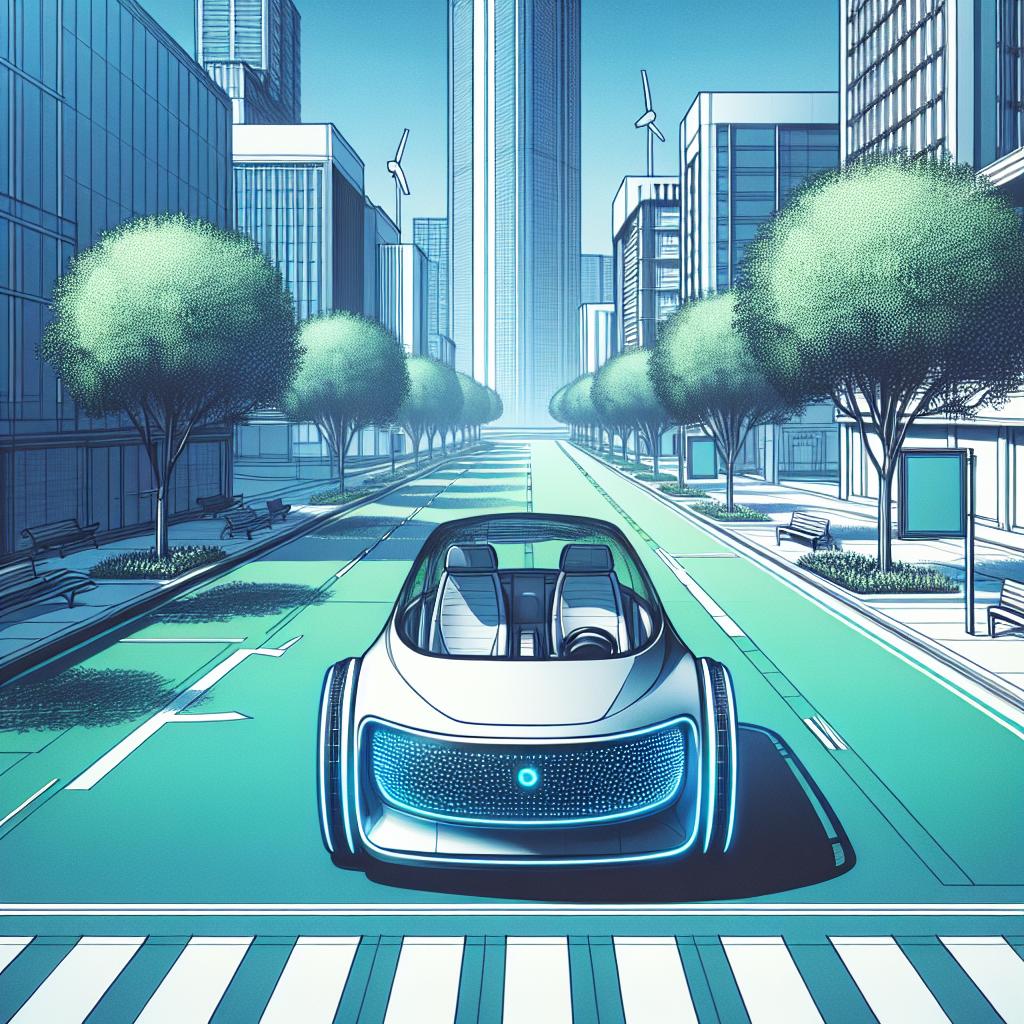-
Summary
- 2025-07-16 01:11

The rapid advancements seen in the autonomous vehicle domain highlight a competitive surge among leading tech conglomerates and automotive giants. Alphabet Inc., through its innovative arm Waymo, continues to push boundaries by amassing substantial experience in driverless technology. Their achievement of surpassing 100 million autonomous driving miles signifies not just technical prowess but also a commitment to refining self-driving capabilities. Concurrently, Tesla is making strides in its robotaxi initiatives, launching pilot projects that aim to integrate autonomous features into everyday urban mobility scenarios. These parallel efforts underscore a broader trend where traditional automakers and tech firms alike are investing heavily in next-generation transport solutions, fostering an environment ripe for technological breakthroughs and fierce rivalry.
While the focus remains primarily on technological milestones and market expansions, another facet worth examining is how these entities navigate diverse geographical markets. In India, Tesla's entry marks a pivotal moment despite facing challenges such as product pricing issues. Opening an upscale showroom in Mumbai was a calculated move to establish brand presence; however, the premium pricing strategy for models like Model Y could deter local consumer adoption. This scenario reflects broader implications: emerging economies present unique hurdles including cost sensitivity and infrastructural readiness which can significantly impact global strategies. Observers note that overcoming these barriers will require nuanced approaches tailored to regional demands while maintaining global competitiveness.
Looking ahead, the trajectory of both sectors—autonomous vehicles and electric vehicles (EV)—is poised for transformative growth. As Waymo and Tesla continue to innovate and expand, we anticipate more collaborative ventures and partnerships aimed at accelerating deployment and acceptance of autonomous technologies. Regulatory frameworks worldwide may undergo adjustments to accommodate these innovations, potentially easing some operational constraints. Furthermore, advancements in battery technology and AI-driven analytics promise to enhance EV efficiency and safety, thus addressing current limitations related to range anxiety and charging infrastructure. Stakeholders must remain agile, adapting swiftly to evolving market dynamics and regulatory landscapes to sustain momentum and achieve sustainable growth.
In recent developments within the autonomous vehicle industry, Alphabet Inc.'s subsidiary Waymo has accelerated its progress. This advancement comes concurrent with Tesla expanding its own robotaxi services. Notably, Waymo announced achieving a significant milestone by covering over 100 million miles driven autonomously after Tesla initiated pilot programs for their robotaxis. Both companies are intensifying efforts in this sector, reflecting increased competition and innovation in automated transportation solutions.
Tesla launched its operations in India with an upscale showroom opening in Mumbai. Despite this significant step towards entering a new market amidst global sales decline, concerns have been raised regarding affordability. Specifically, the pricing of Tesla’s popular model, Model Y, appears to be high relative to what most Indian consumers might afford. Various sources like MarketBeat, CNN Business, and The Financial Express covered these developments, providing insights into both strategic moves and potential economic barriers faced by Tesla in India.